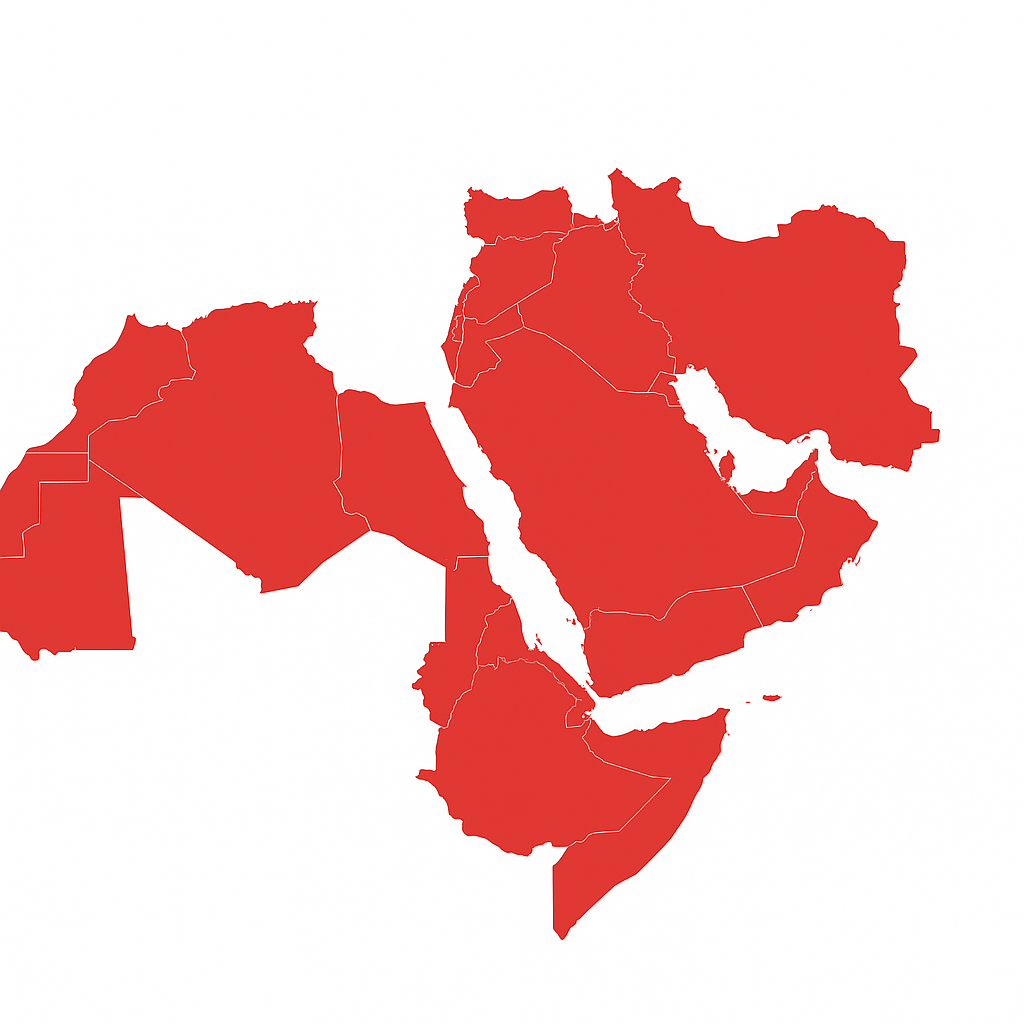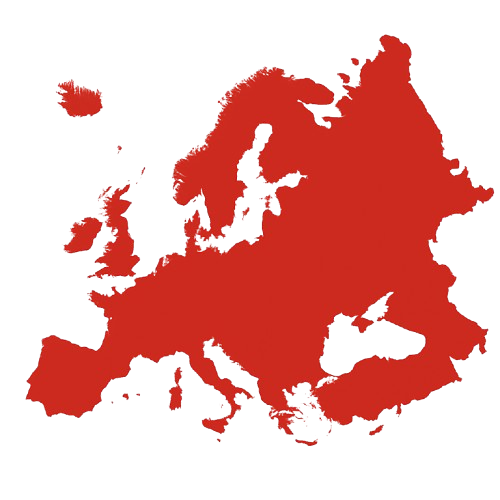When considering job opportunities in the Gulf, especially in economic giants like Saudi Arabia, the UAE, and Qatar, having relevant work experience is valuable—but it’s not enough. Without the right certifications, even experienced professionals often get passed over.
Why Certifications Matter More Than Ever
In today’s Gulf job market, certifications are not optional—they’re essential. From oil & gas to construction, healthcare, IT, and hospitality, employers now demand recognized and verifiable qualifications. These credentials serve as proof of your skills and play a key role in determining whether your CV gets shortlisted or discarded.
The Shift from Experience to Standardized Credentials
In the past, hiring in the Gulf often relied on references and on-the-ground experience. If you had 10 years of experience or a referral from a senior professional, you could easily land a job.
However, things started changing in the 2010s due to:
- Global companies entering Gulf markets with strict hiring standards.
- Government initiatives like Saudi Vision 2030 and UAE’s Emiratization policies pushing for skill verification.
- A spike in fake degrees, leading to stricter document verification.
Now, certifications are the baseline requirement, not a bonus.
Current Hiring Practices: Certifications as a Job Filter
Today, certifications act as automatic filters in Gulf recruitment systems. Employers:
- Use ATS (Applicant Tracking Systems) to scan for specific certifications.
- Reject CVs that don’t include mandatory qualifications.
- Deny visa applications if the submitted documents aren’t attested or recognized.
Top Certifications for Working in the Gulf
Here are the most in-demand certifications across key industries in Saudi Arabia, UAE, and Qatar:
Construction & Engineering
- NEBOSH IGC – Vital for Health & Safety roles, especially in Saudi Aramco projects.
- OSHA 10/30 – Required for site safety professionals.
- AutoCAD / Revit / BIM – Needed for design and architecture positions.
- PMP (Project Management Professional) – Must-have for senior engineers and project managers.
Healthcare Sector
- DHA / HAAD License – Mandatory for healthcare workers in Dubai and Abu Dhabi.
- QCHP License – Required for working in Qatar’s medical sector.
- BLS / ACLS Certification – Essential for nurses and emergency personnel.
Information Technology (IT)
- CompTIA / Cisco (CCNA, CCNP) – Core networking certifications.
- AWS / Microsoft Azure – Critical for cloud computing roles.
- CEH (Certified Ethical Hacker) – Increasingly important in cybersecurity and fintech jobs.
Hospitality & Service
- Food Safety & Hygiene Certification – Required across restaurants and hotels in UAE and Qatar.
- Front Desk / Barista / Housekeeping Certifications – Preferred by top hospitality chains.
The Gulf-Specific Challenge: Accreditation & Equivalency
Getting certified isn’t the end of the process. Local accreditation and attestation are often required. Here’s what that typically looks like:
- UAE: Your degree/certification must be attested by your home country and the UAE’s Ministry of Foreign Affairs (MOFA).
- Saudi Arabia: For engineers, registration with the Saudi Council of Engineers (SCE) is mandatory.
- Qatar: Teachers, nurses, and engineers need Qatar-specific licensing, which may include additional exams.
Skipping these steps could result in job offer cancellations, visa rejections, or residency issues.
Emerging Trends: Micro-Credentials & AI Screening
As the Gulf job market modernizes, several new trends are reshaping hiring practices:
1. Micro-Certifications
Short-term online certifications from Coursera, edX, Google, and LinkedIn Learning are gaining traction—especially in digital skills, marketing, and data analysis.
2. AI-Based Resume Screening
Recruiters now use AI to screen CVs for exact keywords. For example, if your resume doesn’t mention “NEBOSH” explicitly—even with similar training—you might get overlooked.
3. Remote & Hybrid Work Skills
Certifications that prove your ability to manage remote work, like Scrum Master or Remote PM tools (e.g., Asana, Jira), are increasingly valuable.
How HCM Global Helps You Succeed
When applying through HCM Global you gain an edge in the Gulf job market thanks to:
- Pre-screening for Gulf-approved certifications.
- Affordable training guidance for high-demand qualifications.
- Visa assistance, including MOFA attestation and embassy approvals.
- Direct connections with Gulf employers who trust our certified talent pool.
Final Thoughts: Certifications Are the Gateway to Gulf Success
In the competitive job markets of Saudi Arabia, UAE, and Qatar, having the right certification is the key to standing out. Whether you’re a technician, engineer, nurse, or IT professional, investing in accredited qualifications is your best shot at long-term success.
The Gulf isn’t slowing down—but its employment standards keep rising. Get certified. Get recognized. Get hired.





